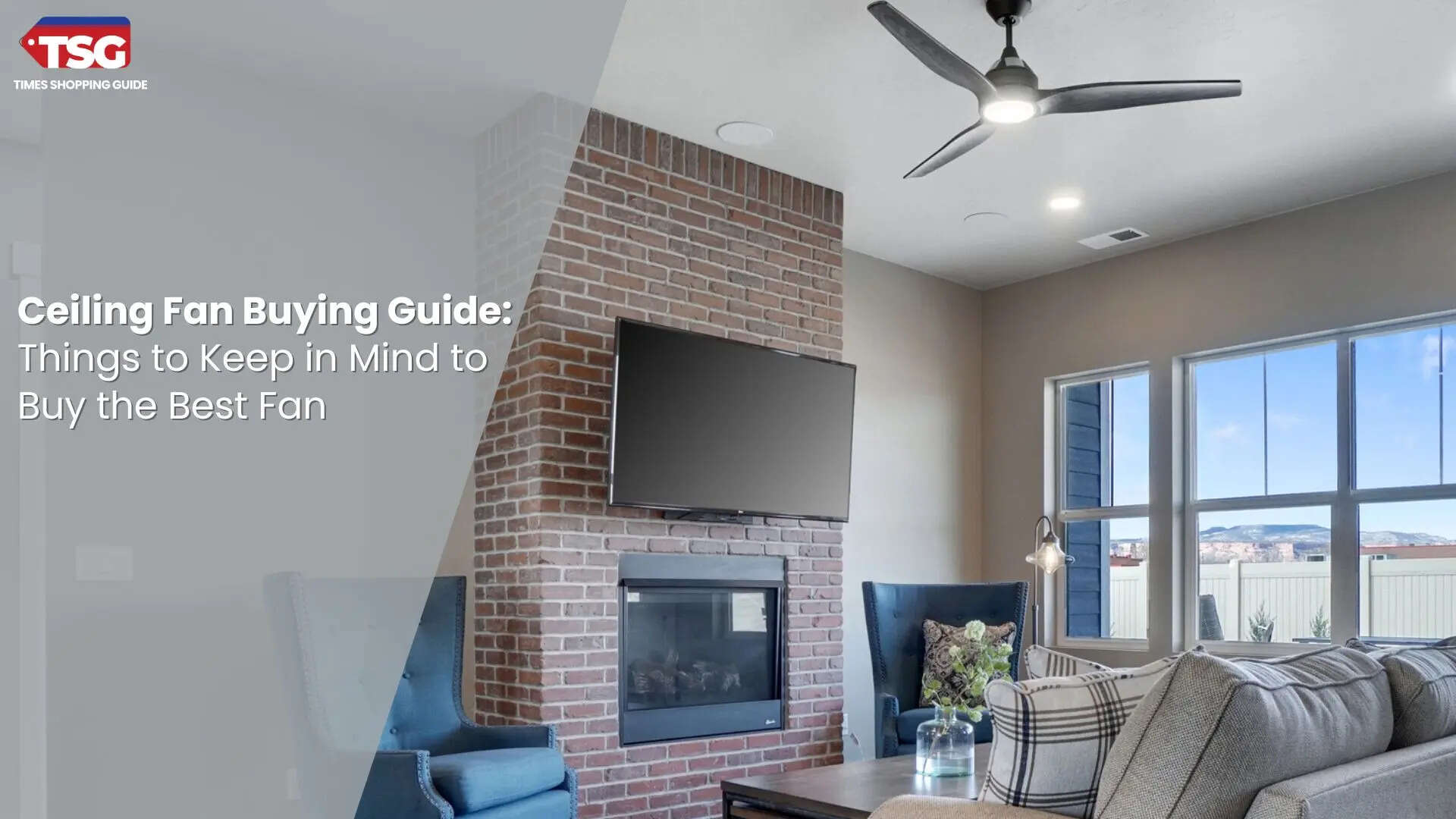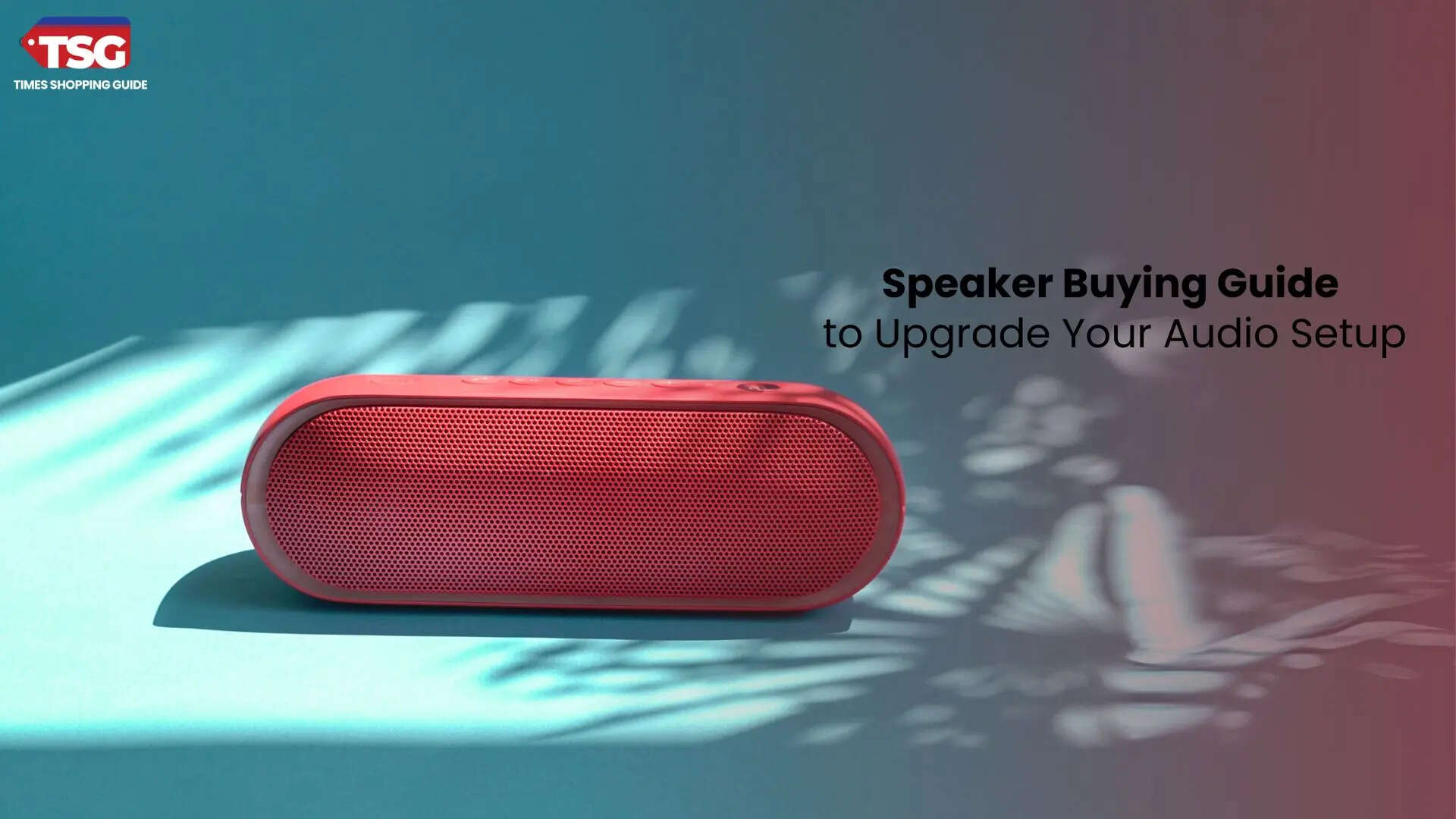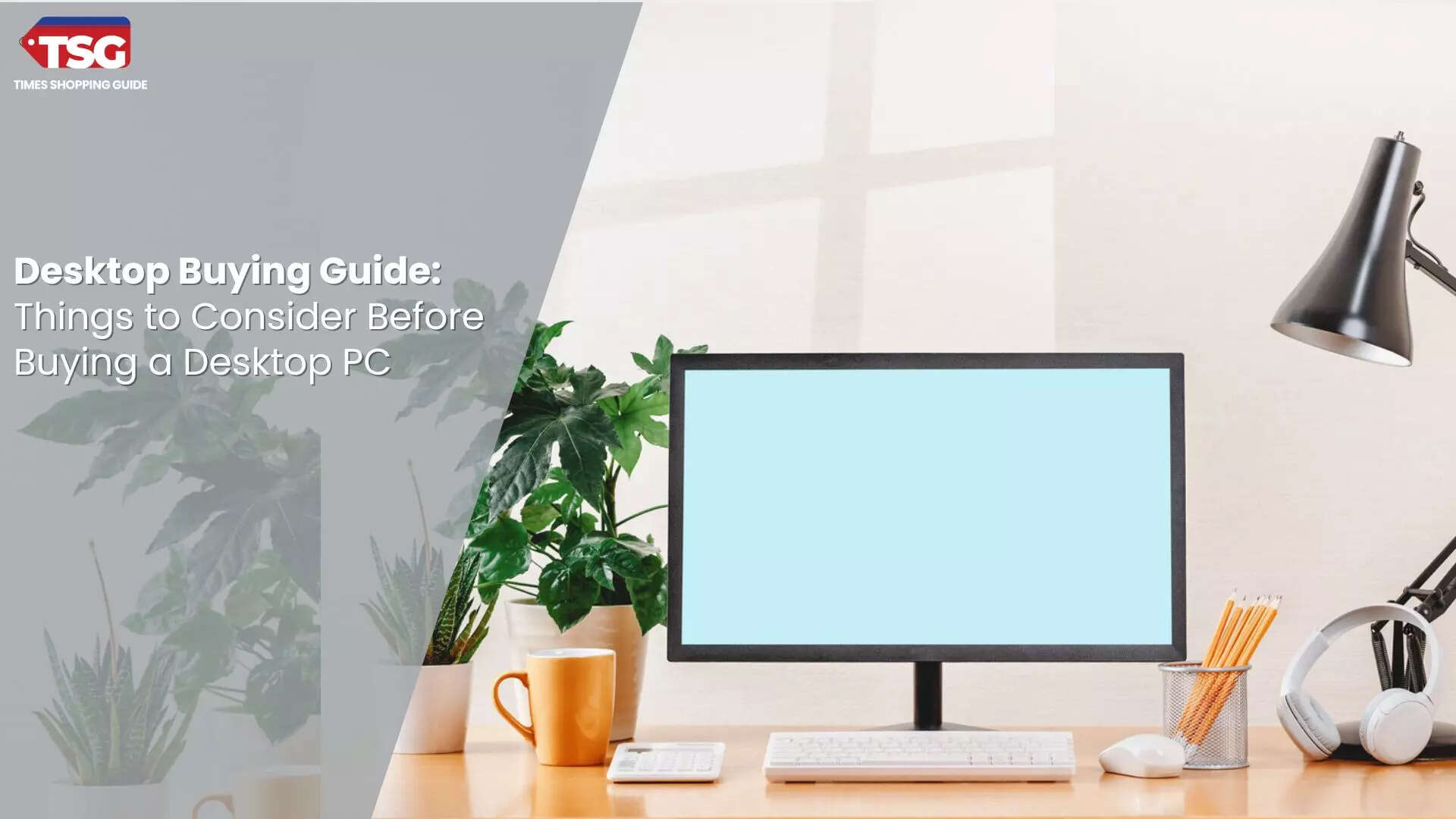- home
- electronics
- buying guides
- laptop buying guide important tips to make a wise decision
Laptop Buying Guide: Important Tips to Make a Wise Decision
If you're planning on buying a new laptop or adding a new member to your gadget family, a buying guide is always a wise choice to invest in a good product. Here, we've put together a comprehensive laptop buying guide that will make your laptop purchase worthwhile. Take a look.

To answer that question, we've put together this laptop buying guide for you. Because a laptop comes in a variety of sizes, features, and prices, making it difficult to choose the best one.
1. Purpose of Your Budget
Before buying a laptop, it's important to decide what you'll be using it for personal use, IT, graphic design, gaming, etc. Having a clear idea of the features and specifications you need will help you make an informed decision and ensure that the laptop you choose will meet your needs.
For example, gamers need a laptop with a powerful processor, dedicated graphics, and plenty of RAM. On the other hand, if you are a student or professional who needs portability and long battery life, you may prefer a lightweight laptop, that has an efficient processor and is sustainable.
Top Options:
For Gaming: Dell G15 5520 Gaming Laptop
For Personal Use: HP Laptop 15s
2. Decide Your Budget
Laptops are available starting from Rs 10,000 with various specifications and features. It is important to decide roughly how much you want to spend. This will help you decide on one of the laptop categories and types to suit your needs.
Top Options:
Under 2000: Lenovo IdeaPad 3 11 Chromebook Laptop
Over 50000: Acer Aspire 5 Gaming Laptop Intel Core i5 12th gen
3. Know About Operating System
Windows 10 is one of the most popular operating systems today. It is now pre-installed on almost all laptops. Usage is simple and you can install any software for productivity, entertainment, games, and more. Depending on your learning content, specific system requirements may apply, including Mac OS or Linux, this is something to consider. For example, if you need a software package that runs on a Mac, you won't be able to do that on a Windows laptop.
However, a MacBook or a MacBook Pro is expensive, but you can choose to install Windows on it as well. Laptops running Linux might be more affordable than ones that come with Windows pre-installed. This might save you money, but you'll need to spend a bit more to get a copy of Windows.
Top Options:
Window 10: Lenovo IdeaPad D330 Intel Celeron N4020
Mac: Apple 2022 MacBook Air Laptop
4. Processor and Performance
Upgrading to a more powerful processor will help your laptop think and work faster, improving overall performance. The performance and features of different generations of processors may vary. Newer generations tend to offer better performance, power efficiency, and additional features.
When choosing a processor, consider your specific needs, such as: comparing performance benchmarks and user reviews to find the best solution for gaming, video editing, everyday productivity, and more.
Top Options:
AMD Ryzen: Acer One 14 AMD Ryzen 3 3250U Processor
Intel: Dell 15 Vostro 3510 Laptop
5. Figure Out Storage Capacity
As a college student, you're going to have a lot to store. There are documents, presentations, photos, movies, music, and much more. Most laptops today come with hard drives with capacities ranging from 500 GB to 2TB and above. A 500GB hard drive is sufficient for all the software you'll need to install, but if you're going to install games and store movies, you'll need something higher. If you're on a budget and settling for a 500GB drive, don't fret. You can also purchase an external hard drive with a larger storage capacity at a later date.
Top Options:
512 GB hard disk: Xiaomi Notebook Ultra Max 11th Gen
1TB hard disk: Acer One 14 Business Laptop
6. Refresh Rate
The refresh rate determines visual smoothness and sharpness. A higher refresh rate produces smoother images, reduces motion blur, increases responsiveness, and improves your gaming experience. It also guarantees compatibility with content and games designed for higher refresh rates, making it future-proof. While 60 Hz may be enough for regular tasks, gamers and content creators may want a laptop with a higher refresh rate, such as 120 Hz or 144 Hz, for a more immersive viewing experience. should be considered.
Top Options:
60Hz refresh rate: ASUS Vivobook Pro 15 OLED
144Hz refresh rate: ASUS TUF Gaming F17
7. Consider Battery Life
Your laptop battery is just as important as your processor and memory. If you're a student, you may need to carry your laptop with you to and from university. At university, you don't necessarily have the opportunity to recharge. A battery with sufficient capacity can be used for many hours. An easy way to find out your laptop's battery capacity is to look at its rating. They are usually labelled as 3-cell, 6-cell, or 9-cell batteries. This information can usually be found at the retailer or manufacturer's website.
Top Options:
Up to 6hours: ASUS Vivobook 14
3 cells: Dell G15 5520 Gaming Laptop
8. Display Type
When purchasing a laptop, there are two screen types to choose from: TN (Twisted Nematic) and IPS (In-Plane Switching).
TN panels are best for gamers because they are the fastest. On the other hand, IPS laptops have better colors and look accurate from any angle. Some newer laptops also include OLED displays, which are used in monitors, phones, and high-end televisions. These expensive displays feature self-emitting pixels that give the screen near-perfect contrast and vibrant colours for watching movies. However, they are quite expensive and are not as bright as traditional LED monitors.
9. Go for a Good Screen Resolution
Screen resolution refers to the number of pixels on the screen. The higher the screen resolution of your laptop, the more details you can see. Most modern laptops have Full HD (1080 x 1920), Quad HD, or 4K displays. However, you might not notice much of a difference between a 4K laptop and an HD laptop with a smaller screen. High-resolution screens are expensive and battery life doesn't last as long.
Top Options:
FHD display: Dell G15 5520 Gaming Laptop
HD display: Acer One 14 AMD Ryzen
10. Laptop Accessories in Box
Some accessories are designed to protect your laptop, while others are designed to improve your productivity. The first thing you should consider is a laptop bag and charger. These bags are equipped with compartments to safely carry your laptop and accessories and the charger boosts your laptop’s battery life. Windows includes built-in antivirus features to protect your laptop from malware threats and viruses. Some manufacturers also offer pre-installed software. Most of these are subscription-based packages, where you pay a fixed fee for over a year or so. If you need extra security, consider third-party antivirus and internet security software for your new laptop.
Conclusion:
We've covered everything you need to know about laptops and their various specifications before making an informed decision and purchase. We hope this detailed laptop buying guide serves as a valuable resource to help you invest wisely in a laptop that meets your needs and provides a satisfying user experience.
FAQ: Laptop Buying Guide
1. How do I know what laptop to buy?
To pick the best laptop for you, consider the listed points:
a. Pick your OS
b. Choose your CPU
c. Look for RAM
d. Check the ports
e. Pick your processor
f. Graphics cards
g. Determine your storage needs
h. WebCam and other worries
2. Is Dell or HP better?
Both brands have a great market value but from a durability point of view, Dell can be the most preferable choice.
3. How much RAM is enough?
For WFH, gaming, or personal needs usually 8GB and 16GB is sufficient.
Disclaimer: Times Shopping Guide is committed to bringing you the latest products from the best brands. Our selection is based on market research and positive consumer feedback. Times Shopping Guide is also a part of an affiliate partnership. In line with this, we may receive a portion of the revenue from your purchases. Please note that the product prices are subject to change based on the retailer's deals.








